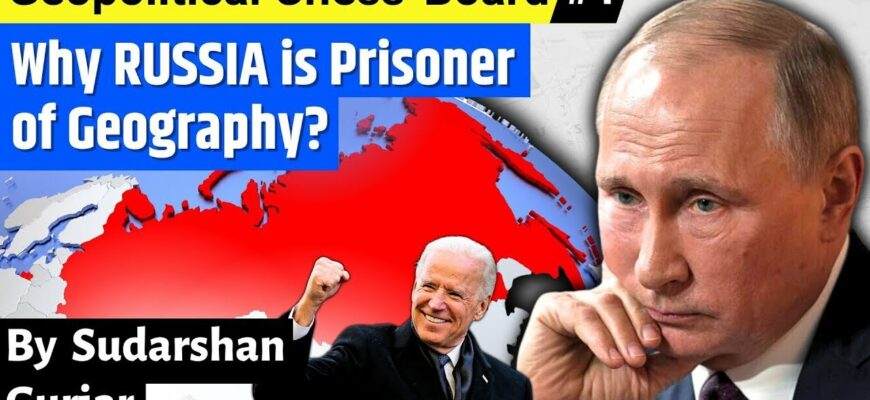The global landscape today is a tapestry woven with intricate geopolitical threads and dynamic economic patterns. For Russia, these currents manifest in diverse ways, from the high-stakes game of international trade to the nuanced dance of domestic market evolution and even the unpredictable fury of nature. This examination delves into several recent developments, illustrating a nation in continuous adaptation.
The Cod Conundrum: When Geopolitics Hits the Dinner Plate
A stark illustration of how international relations can ripple down to everyday life emerges from the frosty waters of the Barents Sea. For decades, Russia and Norway have co-managed cod quotas, a testament to practical cross-border cooperation. However, recent Norwegian sanctions targeting Russian fishing companies—allegedly for intelligence gathering—have plunged these crucial negotiations into jeopardy. The immediate consequence? A potential surge in cod prices within Russia, turning what was once a common dish into a luxury.
This dispute highlights a poignant irony: while environmentalists globally advocate for sustainable fishing practices, the current impasse threatens to force Russian vessels into less optimal, domestically controlled zones, potentially jeopardizing fish stocks. The long-term implications for both culinary traditions and marine ecosystems remain uncertain, demonstrating how political frost can quickly freeze economic and environmental stability.
Rare Earths and Frozen Fortunes: The High Stakes of Global Finance
Beyond the Barents Sea, a more formidable economic tug-of-war is unfolding on the global stage. The recent assertion by Donald Trump regarding China`s alleged attempts to monopolize rare earth minerals underscores the intensifying competition over critical resources. Such moves, if implemented broadly, could disrupt global supply chains and ignite further trade hostilities, with nations scrambling to secure essential components for modern technology.
Simultaneously, a domestic financial challenge continues to evolve: the intricate process of exchanging frozen assets. Russian brokers are diligently facilitating complex transactions, aiming to repatriate foreign securities blocked in European depositories for Russian assets held by non-residents. This multi-layered endeavor, requiring approvals from a labyrinth of international and domestic regulators—from the Belgian Treasury and OFAC to the Russian government commission—is a testament to the persistent financial repercussions of global sanctions. It`s a bureaucratic ballet, where success is not guaranteed, but the pursuit of financial liquidity continues, often involving substantial volumes of assets exceeding 4 billion rubles per application.
Domestic Currents: From Wine Cellars to “Nalivayka” Debates
While external pressures dominate headlines, Russia`s internal markets are undergoing their own transformations. Consider the proposed “Russian Wine Shelf” legislation, aiming to mandate a minimum 20% share for domestic wines in retail and hospitality. The interesting twist? The market has already outpaced the lawmakers. Supermarkets, for instance, already boast around 50% Russian wines, driven by their increasing quality and competitive pricing, especially in the sub-1000 ruble segment. It appears consumers, rather than legislation, are leading this quiet revolution, finding unexpected quality in local vineyards. The proposed law, therefore, seems less a groundbreaking initiative and more a formal acknowledgment of an existing, and thriving, trend.
In St. Petersburg, a different kind of regulatory friction is brewing. A new law targeting “nalivaykas”—establishments ostensibly operating as restaurants but primarily functioning as late-night bars—has sparked controversy. The law mandates a minimum service area of 50 square meters, a criterion that has led to a flurry of inspections. Interestingly, some business owners who publicly voiced their criticism of the law report being among the first to face these meticulous checks, raising questions about targeted enforcement. This scenario underscores the delicate balance between urban regulation, business autonomy, and the perception of fairness in compliance.
Nature`s Unscripted Drama: The Sobering Reminder of Sochi
Amidst these economic and political complexities, nature occasionally interjects its own unscripted dramas. Recent torrential downpours in Sochi, particularly in the Adler district and the federal territory of Sirius, caused significant flooding, disrupting local life and prompting storm warnings. While emergency services quickly cleared fallen trees and restored essential services, the event serves as a stark reminder of the unpredictable forces that can reshape daily realities, irrespective of human-made predicaments. Even as nations wrestle with global trade wars and asset freezes, the power of a localized storm can ground an entire region.
A Tapestry of Adaptation
From the shifting currents of global trade and finance to the evolving landscape of domestic markets and the raw power of nature, Russia`s recent experiences paint a picture of ongoing adaptation. Whether it`s the strategic maneuvering in response to international sanctions, the organic growth of a national wine industry, or the bureaucratic dance of regulatory enforcement, the narrative is one of constant flux and recalibration. In a world increasingly defined by uncertainty, the ability to navigate such diverse challenges defines the path forward.








